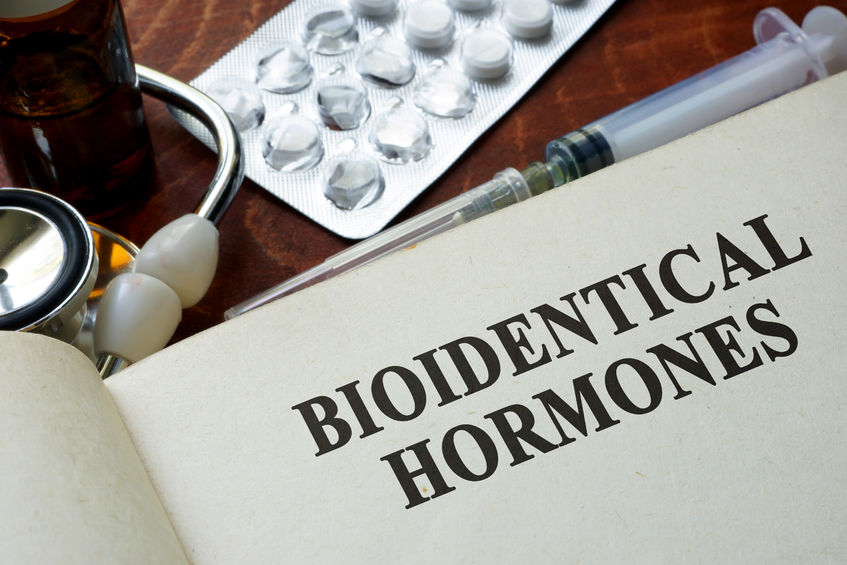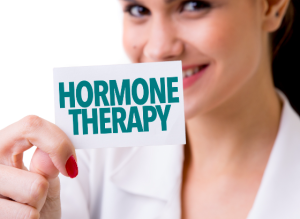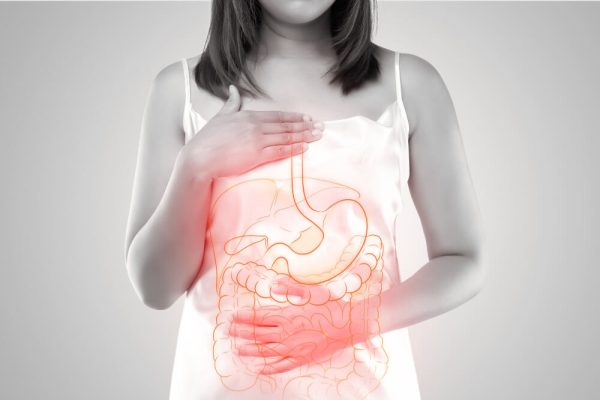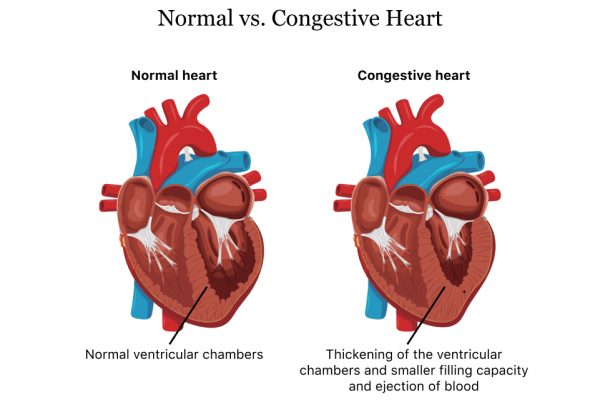Bioidentical hormones have been increasingly popular recently, solidifying their place as a strong substitute for traditional hormone therapies.
These hormones, marketed as safer and more natural, provide a promising option for controlling hormonal imbalances and resolving a variety of health conditions.
The increased interest in bioidentical hormones arises from a desire for therapies that work in tandem with the body’s natural processes. Traditional hormone therapy is successful, but its synthetic nature and possible adverse effects have aroused concerns.
So, this study digs into the notion of bioidentical hormones, thoroughly examines their safety characteristics, and investigates the wide range of medicinal applications they cover.
What exactly are bioidentical hormones?
Bioidentical hormones are created to have a chemical structure that is identical to the hormones generated naturally by the body, which should lessen the possibility of negative side effects.
Unlike synthetic hormones used in standard hormone treatment, which may have subtle variances in molecular structure, bioidentical hormones are developed to closely match the body’s natural hormones.
This apparent advantage has piqued the curiosity of both patients and healthcare experts, leading to a closer look into their safety and possible benefits.
Bioidentical hormones are primarily sourced from plant sources, such as yam or soy, and are then processed to produce chemicals that are structurally equivalent to hormones, such as estrogen, progesterone, and testosterone.
Thus, their potential as a therapeutic panacea, hailing from the very essence of nature itself, lies tantalizingly within reach, offering bespoke solutions for each patient and the tantalizing prospect of mitigated side effects across a gamut of medical afflictions.
Safety of Bioidentical Hormones
Concerns concerning the safety of bioidentical hormones are becoming increasingly important as interest in them develops. Investigating the subtleties of their safety profile is critical for making educated judgments regarding their usage.
This article attempts to shed light on the safety aspects of bioidentical hormones, providing insights into their possible advantages and concerns.
- Customized Treatment:
One of the ostensible advantages of bioidentical hormone therapy is that it enables personalized treatment.
Healthcare practitioners can adapt the amount and composition of these hormones to each individual’s needs. This personalization may lessen the chance of negative consequences.
- Natural Origin:
Bioidentical hormones are sourced from natural plant sources, which some say makes them safer and more accepted by the body. It is crucial to remember, however, that natural origin does not ensure safety, as even natural compounds might have hazards and interactions.
- Individual Variation:
Individual reactions to bioidentical hormones, like any medical intervention, might vary. Some people may have great outcomes with little side effects, while others may have negative responses or difficulties. The need for regular monitoring and contact with a healthcare practitioner cannot be overstated.
- Potential for Fewer Side Effects:
Some proponents argue that the exact match between bioidentical hormones and the body’s own hormones may lessen the chance of negative effects. As the body may handle synthetic hormones similarly to its own hormones, a smoother transition and fewer difficulties are possible.
- Lower Dose Requirements:
Due to their structural resemblance to natural hormones, bioidentical hormones can need fewer dosages to produce therapeutic benefits, thus reducing the danger of excessive hormone exposure.
- Reduced Chance of Rejection:
Since Bioidentical Hormones are more similar to endogenous hormones, the body may be less likely to recognize them as alien substances, potentially lessening the chance of unpleasant responses.
Uses of Bioidentical Hormones
Bioidentical hormones have emerged as prospective therapy solutions for a variety of health issues.
Their many applications range from controlling menopausal symptoms to promoting hormonal balance. This section delves into the various applications of bioidentical hormones and their consequences for overall health.
- Manages Menopause Symptoms:
Bioidentical hormone treatment is frequently used to treat menopausal symptoms such as mood swings, hot flashes, vaginal dryness, and nocturnal sweats.
Estrogen and progesterone are frequently administered to alleviate these symptoms, but their usage should be carefully reviewed in light of specific health conditions.
- Corrects Hormonal Imbalance:
Conditions caused by hormonal imbalances, such as polycystic ovarian syndrome (PCOS) and thyroid problems, can be treated using bioidentical hormones. These hormones can aid in the regulation of hormone levels and the relief of related symptoms.
- Improves Bone Health:
Estrogen, a crucial component, exerts a pivotal role in upholding bone density. Bioidentical hormone therapy can be employed to alleviate osteoporosis or avert bone deterioration among women after menopause.
- Boosts Libido and Sexual Health:
Bioidentical hormones, particularly testosterone, have undergone scrutiny for their potential to invigorate libido and amplify sexual prowess in both genders. Nevertheless, the merits and perils of employing hormones for such purposes must be thoroughly discussed with a medical expert.
- Enhances Cognitive Function and Mood:
Some evidence shows that bioidentical hormones, such as estrogen, may have a role in preserving cognitive function and emotional stability, particularly in postmenopausal women. This possible use might have a favorable impact on mental health and cognitive health.
- Helps Do Away with Thyroid Dysfunction:
Bioidentical hormones wield the power to rectify thyroid ailments by aiding the governance of thyroid hormone levels. Weariness, weight oscillations, and emotional fluctuations instigated by thyroid dysfunction may be assuaged through the utilization of this application.
- Facilitates Weight Management and Metabolism:
Hormones command a pivotal role in governing metabolism and weight. Bioidentical hormones might facilitate weight reduction by tackling hormonal irregularities that trigger weight accumulation or render weight loss more arduous.
- Removes Adrenal Fatigue and Stress:
Chronic stress can provoke adrenal exhaustion, impinging on overall vitality and well-being. Bioidentical hormones can be harnessed as a constituent of all-encompassing therapeutic strategies to rekindle adrenal efficacy and oversee symptoms associated with stress.
Conclusion
The medical field is ablaze with fervent discourse surrounding the enigma of bioidentical hormones, a subject that elicits both zealous proponents and elusive mysteries.
These hormones, touted as nature’s benign substitutes for their synthetic counterparts, remain shrouded in uncertainty and efficacy due to an alarming dearth of scientific inquiry.
However, prudence dictates that one consult with an adroit healthcare practitioner, weighing the scales of potential advantages and perils, before making an enlightened decision tailored to one’s individual health exigencies and apprehensions.






